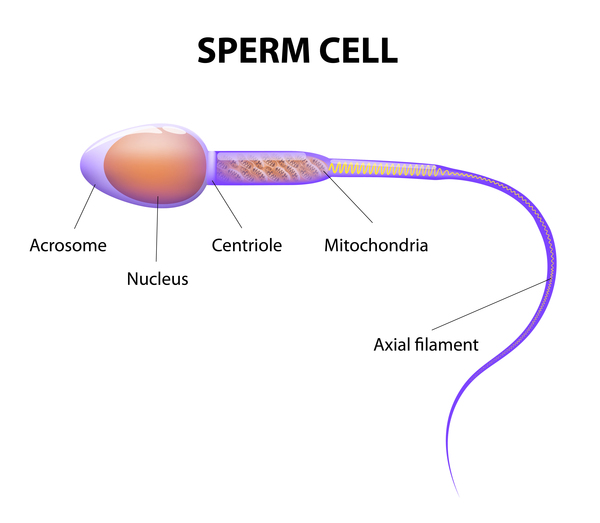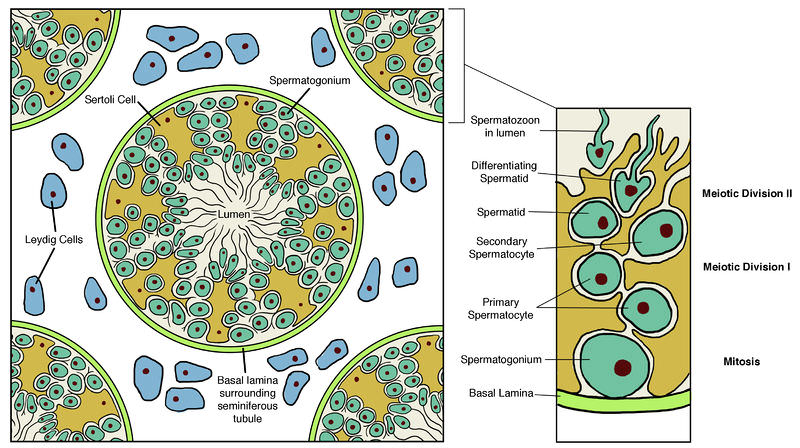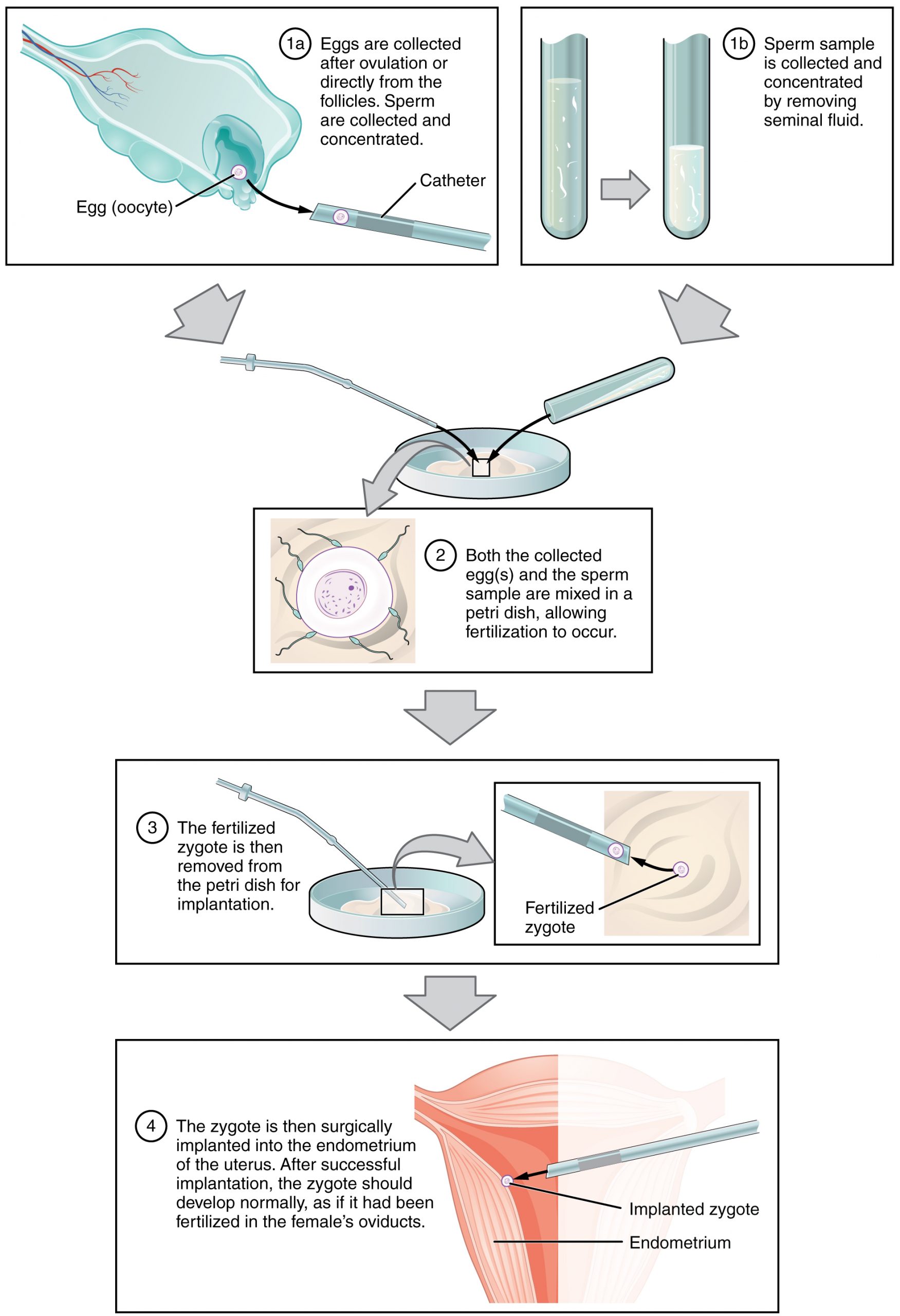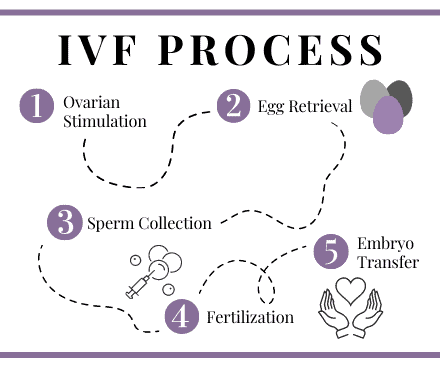Unique for its role in human reproduction, a gamete is a specialized sex cell carrying 23 chromosomes—one half the number in body cells. At fertilization, the chromosomes in one male gamete, called a sperm (or spermatozoon), combine with the chromosomes in one female gamete, called an oocyte. The function of the male reproductive system (Figure 27.2) is to produce sperm and transfer them to
Solved Correctly label the following parts of a mature | Chegg.com
Correctly label the structures of the scrotum. Correctly label the following parts of the testis. Correctly label the following parts of the male reproductive system. Correctly label the following parts of the male reproductive system. Place the following labels in order through which sperm would pass beginning with the site of spermatogenesis. 1.

Source Image: slideplayer.com
Download Image
Spermatogenesis. The process of producing mature sperm is called spermatogenesis.Sperm are produced in the seminiferous tubules of the testes and become mature in the epididymis.The entire process takes about 9 to 10 weeks. If you look inside the seminiferous tubule shown in Figure below, you can see cells in various stages of spermatogenesis.The tubule is lined with spermatogonia, which are

Source Image: medlineplus.gov
Download Image
28.1 Fertilization – Anatomy & Physiology Spermatogenesis at a glance. Spermatogenesis is the process by which male gametes develop from germ cells in the testes. In other words, it’s how sperm is made. This process involves multiple steps of cell division and differentiation, which are summarized in the image below. [What are ‘n’ and ‘2n’?]

Source Image: flexbooks.ck12.org
Download Image
Correctly Label The Following Parts Of A Mature Sperm.
Spermatogenesis at a glance. Spermatogenesis is the process by which male gametes develop from germ cells in the testes. In other words, it’s how sperm is made. This process involves multiple steps of cell division and differentiation, which are summarized in the image below. [What are ‘n’ and ‘2n’?] This problem has been solved! You’ll get a detailed solution that helps you learn core concepts. See Answer See Answer See Answer done loading
Sperm | CK-12 Foundation
Study with Quizlet and memorize flashcards containing terms like Read each of the structures or characteristics below. Then, click and drag each into the appropriate category to determine whether it describes a primary sex organ, secondary sex organ, or secondary sex characteristic., Correctly label the structures of the scrotum., Correctly label the following parts of the male reproductive Sperm | CK-12 Foundation

Source Image: flexbooks.ck12.org
Download Image
Free Vector | Diagram showing flower of mature sporophyte Study with Quizlet and memorize flashcards containing terms like Read each of the structures or characteristics below. Then, click and drag each into the appropriate category to determine whether it describes a primary sex organ, secondary sex organ, or secondary sex characteristic., Correctly label the structures of the scrotum., Correctly label the following parts of the male reproductive

Source Image: freepik.com
Download Image
Solved Correctly label the following parts of a mature | Chegg.com Unique for its role in human reproduction, a gamete is a specialized sex cell carrying 23 chromosomes—one half the number in body cells. At fertilization, the chromosomes in one male gamete, called a sperm (or spermatozoon), combine with the chromosomes in one female gamete, called an oocyte. The function of the male reproductive system (Figure 27.2) is to produce sperm and transfer them to

Source Image: chegg.com
Download Image
28.1 Fertilization – Anatomy & Physiology Spermatogenesis. The process of producing mature sperm is called spermatogenesis.Sperm are produced in the seminiferous tubules of the testes and become mature in the epididymis.The entire process takes about 9 to 10 weeks. If you look inside the seminiferous tubule shown in Figure below, you can see cells in various stages of spermatogenesis.The tubule is lined with spermatogonia, which are

Source Image: open.oregonstate.education
Download Image
What Are the 5 Stages of IVF? | The IVF Center Aug 3, 2023Spermatogenesis. Spermatogenesis is the process of formation of mature sperm cells through a series of mitotic and meiotic divisions along with metamorphic changes in the immature sperm cell.. It is the male version of gametogenesis which results in the formation of mature male gametes. In mammals, this takes place in the seminiferous tubules of the male reproductive system.

Source Image: theivfcenter.com
Download Image
Pathway of sperm: MedlinePlus Medical Encyclopedia Image Spermatogenesis at a glance. Spermatogenesis is the process by which male gametes develop from germ cells in the testes. In other words, it’s how sperm is made. This process involves multiple steps of cell division and differentiation, which are summarized in the image below. [What are ‘n’ and ‘2n’?]

Source Image: medlineplus.gov
Download Image
Draw a diagram of a mature sperm. Label any three parts and write their f.. This problem has been solved! You’ll get a detailed solution that helps you learn core concepts. See Answer See Answer See Answer done loading
Source Image: askfilo.com
Download Image
Free Vector | Diagram showing flower of mature sporophyte
Draw a diagram of a mature sperm. Label any three parts and write their f.. Correctly label the structures of the scrotum. Correctly label the following parts of the testis. Correctly label the following parts of the male reproductive system. Correctly label the following parts of the male reproductive system. Place the following labels in order through which sperm would pass beginning with the site of spermatogenesis. 1.
28.1 Fertilization – Anatomy & Physiology Pathway of sperm: MedlinePlus Medical Encyclopedia Image Aug 3, 2023Spermatogenesis. Spermatogenesis is the process of formation of mature sperm cells through a series of mitotic and meiotic divisions along with metamorphic changes in the immature sperm cell.. It is the male version of gametogenesis which results in the formation of mature male gametes. In mammals, this takes place in the seminiferous tubules of the male reproductive system.